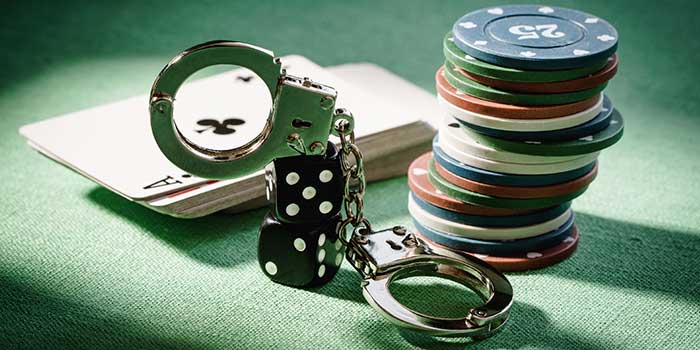The government of the Philippines is stepping up its efforts to get rid of websites that facilitate illicit betting and e-sabong, or online cockfight betting, as part of its ongoing campaign to combat illegal gambling. The country is now seeing a dramatic increase in online gambling, which has made these digital platforms attractive options and has created significant difficulty for law enforcement.
An astounding 404,730 websites and connections harboring criminal information were effectively banned by Globe Telecom between January and September of this year, showing a huge 45% rise compared to the data from 2022, according to a statement from the organization. The spike in banned sites is concerning, since it surpasses the 401,487 sites blacklisted in the whole previous year. This indicates a disturbing increase in unlawful internet activity.
Globe Telecom has made substantial investments in cutting-edge technology to quickly identify and blacklist any websites that carry information that is problematic or unlawful. In addition to conforming with the Anti-Child Pornography Act of 2009 of the Philippines, this undertaking is also in keeping with the company’s fight against the sexual abuse and exploitation of children on the internet.
Along with taking down these sites, CIDG agents and other local law enforcement are also aggressively searching for the several studios that host cockfight betting websites. These proactive steps support Globe Telecom’s commitment to internet security and regulatory requirements to prevent dangerous and unlawful material.
Collaboration with China
China and the Philippines are now working together more closely to combat the illicit offshore gaming that has affected both countries. Recognizing the urgency of the matter, the Chinese Embassy in Manila reiterated China’s steadfast determination to resolve the issue collaboratively.
Criminal offenses stemming from internet gambling have far-reaching consequences, the Embassy said, damaging both the bilateral relationship and the social fabric of the Philippines. And they are acting on it. Recent coordinated operations led to the expulsion of roughly 400 Chinese people implicated in illegal gambling and the closure of three gaming zones in the Philippines.
Expressing concerns about certain individuals exploiting legal loopholes in the Philippines to evade repatriation, the Chinese Embassy urged stronger measures against activities linked to Philippine Offshore Gaming Operators (POGOs). Specifically, the Embassy called upon the Philippines government to take comprehensive steps to eradicate these social issues, reinforcing the need for stringent enforcement.



